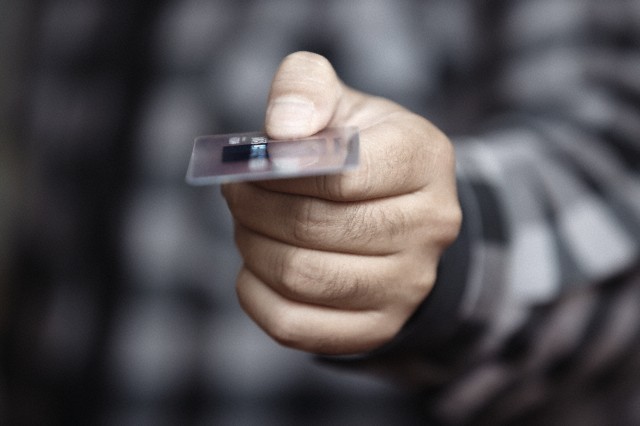How to Reestablish Credit After Bankruptcy in PA
Our Pennsylvania Bankruptcy attorneys have been handling consumer bankruptcy cases for more than 20 years. Among the thousands of cases we have filed for the people of Pennsylvania and New Jersey, we’ve noticed a universal pattern: the fear of being burdened with permanent bad credit. If you’re stuck with bad credit for the rest of your life, how can you hope to take out a loan, or purchase a car or new home?
Fortunately, the idea that bankruptcy destroys good credit forever is a stubborn myth. In reality, you can rebuild good credit, even if you have a bankruptcy in your past. Many people who have gone through bankruptcy go on to reestablish good credit in the future. However, if you want to help adjust your credit score, there are a few steps that are very important to follow.
Two Key Points You Need to be Mindful of After a Discharge
1. You need to take immediate action to start rebuilding your credit score after a bankruptcy. If you’re timely, proactive, and consistent, you may be able to transform your credit score in as little as 12 to 24 months after your bankruptcy has been discharged.
2. You must continue to use credit. We understand that you may be wary of getting yourself into another bad financial situation, but it’s critical that you resist the temptation to avoid using credit again. While doing so may seem like a smart decision, it always turns out to be financially harmful. As time passes, instead of having poor credit, you will simply end up with no credit. Unfortunately, having no credit is just as bad as having poor credit. If you want to rebuild good credit, you need to learn how to make purchases and repayments using credit responsibly.
Tips For Establishing Credit After Bankruptcy
- Stay on top of all your payments and do not overextend yourself.
- Will you be able to get loans approved after bankruptcy? Absolutely. You will eventually be able to get loans approved as long as you stay on top of the existing loans. Therefore, before you apply for additional credit, make sure that you can afford the payments and that your credit report is accurate. Furthermore, any loans that existed prior to bankruptcy such as a home or car loan should remain current.
- Open checking or savings account. While it may seem unimportant, lenders often look at this to determine if you can responsibly handle your finances.
- Make sure that you apply for credit post-bankruptcy. Apply for store and gas credit cards that you would normally pay cash for and make sure that they are paid timely. In addition, immediately after filing, it is a good idea to apply for a secured credit card and immediately begin using the card.
- Make sure that utility bills and rent are on time for at least a one year period.
- Immediately post-discharge, if you are applying for either a car loan or a mortgage loan, look for car dealers and mortgage brokers that attest to being bankruptcy friendly.
- Write a letter to each credit reporting agency, i.e., Equifax, Experian and TransUnion explaining the circumstances which led to the filing.
- Make sure you pay your reaffirmed pre-bankruptcy debts on time.
- Make sure your credit report is correct and if not, make sure you correct it.
While there is no exact science to re-establishing credit after bankruptcy, it is possible to obtain both secured and unsecured credit in a relatively short time post-filing. However, it is important that you take all of the aforementioned measures in helping to reestablish credit. Yes, there is life and clean credit after filing.
Credit Education Can Help
Since our bankruptcy clients are understandably concerned about improving their damaged credit, we’ve compared numerous products and organizations to find the best credit education program available. Our conclusion? After thorough testing, we learned that people who have gone through 720CreditScore.com’s credit program (7 Steps to a 720 Credit Score) can transform their credit scores. How long does it take? Many people start to see changes within just 24 months of declaring bankruptcy.
With these kinds of results, the legal team at Young, Marr, Mallis & Associates has decided to make the 720 Credit Score program available to every single one of our bankruptcy clients at a special discounted price.
Normally, the credit education program costs $1,000 for enrollment. But we’re offering to enroll every one of our bankruptcy clients into the program for a discounted rate of $0.
If you’re interested in gaining access to this effective credit building program, or if you’d simply like to talk about how a Philadelphia bankruptcy lawyer can help, call Young, Marr, Mallis & Associates at (609) 755-3115 in New Jersey or (215) 701-6519 in Pennsylvania to schedule your free legal consultation.
If you want to rebuild healthy credit after a bankruptcy, Young, Marr, Mallis & Associates and www.720CreditScore.com are ready to work with you. If you’re ready to start changing your credit score, we’re ready to help.






























